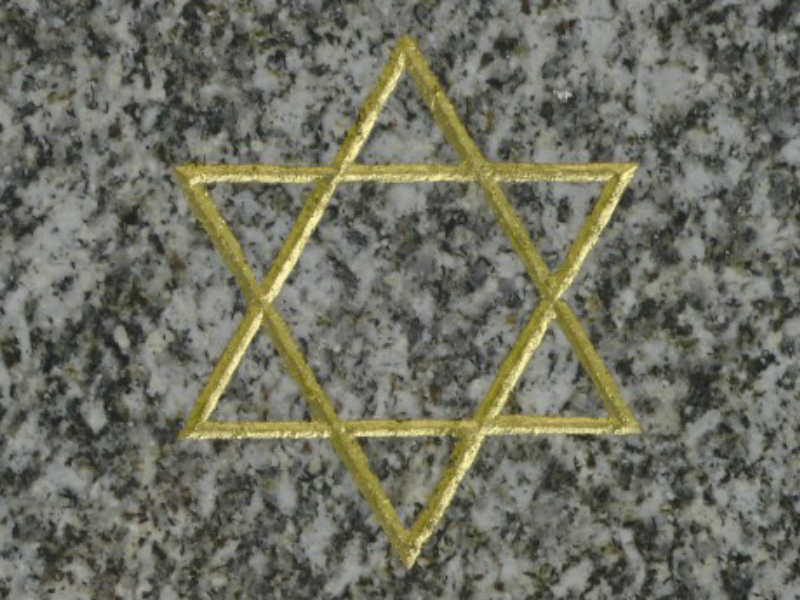The story of Michel Bacos’ death warranted being above the fold on the front page, a lead story on the evening newscasts and, of course, prominently disseminated on social media. Yet, in the West, it only appeared as an obituary in a few publications.
Bacos died in France on March 26 at the age of 95. Most people will not recognize his name. Most people will never have heard of him. However, if ever an individual attested to the resplendent strength and stirring example of a human being who acted courageously despite his fear and championed dignity in the face of disparagement, it was Michel Bacos.
Some 43 years ago – on June 27, 1976 – Bacos was the captain of Air France flight 139, which was travelling from Tel Aviv to Paris. After a mid-flight stop in Athens, the plane was hijacked by terrorists – two members of the Popular Front for the Liberation of Palestine and two members of the German Baader Meinhof gang.
With a gun pointed at his head, Bacos was forced to reroute the flight to Benghazi, Libya, where the plane refuelled for a much longer flight to Uganda.
The 260 passengers and crew were held captive at the Entebbe airport by the four terrorists and by the Ugandan army, led by President Idi Amin. Soon afterwards, the 148 non-Jewish passengers were separated from the group and set free. The hateful ideology of the Nazis had returned after a 31-year hiatus.
The captors also decided to release Bacos and his crew. But Bacos refused to abandon the Jewish passengers. He and his crew remained with the Jewish hostages until the end of the ordeal. Some years later, he recalled the events:
“At a certain point, the hijackers took our passports and IDs, read the names, and those who had Jewish names were separated from the others and put in a nearby hall. They (the hijackers) said we were not allowed to go there. I told the Palestinians and the Germans, ‘I’m responsible for all of the passengers and demand to be able to see all of them – be they Israeli or not – at any given moment.’ I insisted, and the Germans agreed. I was able to go from one hall to the other without receiving permission, every time. It lasted until the non-Jewish passengers were released. The Germans told me on Tuesday that we were going to be released. I gathered my crew and told them there was no way we were going to leave – we were staying with the passengers to the end. The crew members immediately agreed.
“I told (the terrorists) that none of us was going to leave Entebbe, as long as there are any passengers left there. The crew refused to leave, because this was a matter of conscience, professionalism and morality. As a former officer in the Free French Forces (which fought the Nazis in North Africa) I couldn’t imagine leaving behind even a single passenger.” (My emphasis.)
Bacos’ firm, unambiguous response to his captors provides us with a formula for dealing with terrorists and the individuals or countries that enable them. Conscience and morality were the guiding lights by which Michel Bacos piloted his life and his sense of duty to his fellow human beings. “I couldn’t imagine leaving behind even a single passenger,” he told his interviewer, for he well remembered and understood what such selections had meant to the fascist forces he fought during the Second World War.
The rescue of the hostages – passengers and crew – on July 4 by the Israel Defence Forces was truly one of the great acts of the last century.
READ: WHEN HITLER MEDDLED IN AMERICAN DEMOCRACY
When the news of Bacos’ death broke, the mayor of Nice, France, said: “Michel was a hero. By bravely refusing to give in to anti-Semitism and barbarity, he brought honour to France.”
Indeed, Michel Bacos brought honour to the world.
If only such honour were more evident in today’s world.
